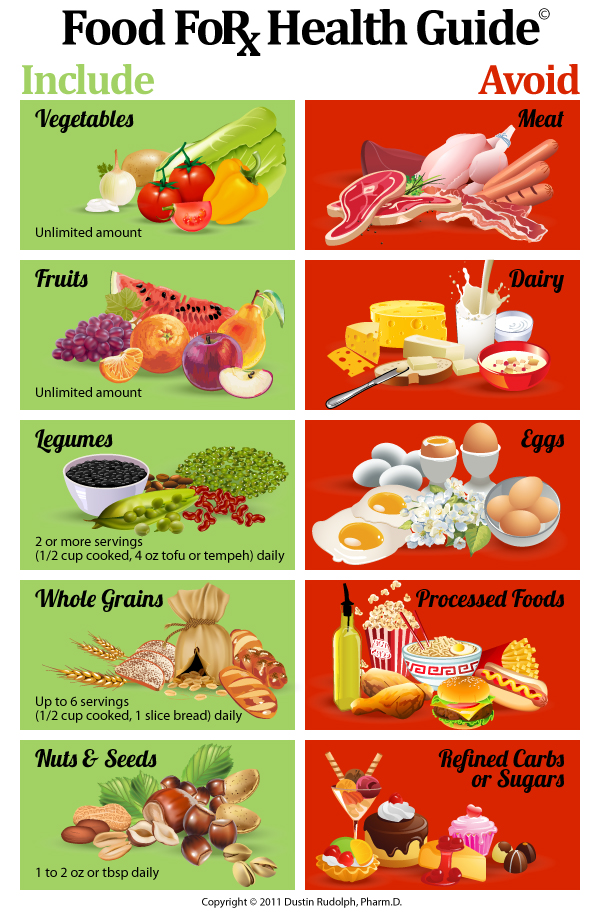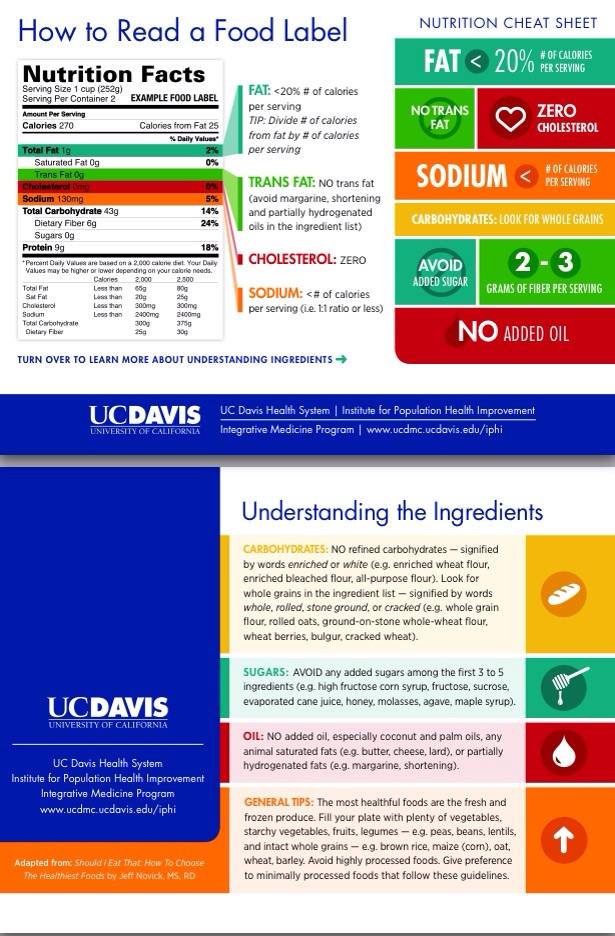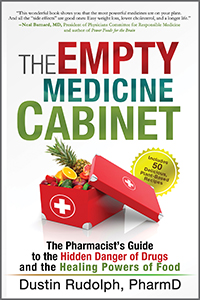Nutrition and Health
Your food choices affect so many things in life, one of which is your health. What you choose to eat or not eat on a daily basis will undoubtedly determine how long and how well you live in life, more so than any other thing you do.
Currently, we are suffering from an unprecedented amount of chronic disease in our society, including obesity, heart disease, diabetes, cancer, dementia, autoimmune disorders, and many more disease states. You probably know someone right now suffering from one of these very illnesses, or maybe you, too, are suffering from one of these illnesses.
It's easy to believe that we are just a product of our "bad" genes and there's nothing we can do about it, but that's not true. Your genes are only a small part of your story. What you eat will determine how your genes are expressed, and, subsequently, the state of health that you'll end up in. Food literally gives you the power to control your own destiny. This fantastic news! It should give you hope knowing you can make decisions to positively influence your future state of wellbeing.
The intent of this page, and the pages linked within this page, is to present you with the facts about the benefits and risks of eating different types of food. The information here is based on what's been proven in the evidenced-based scientific and medical literature to result in optimal human health, leading to a lifetime free of chronic illness. Ultimately, you have full control over what you choose to put on your plate. There are no right or wrong decisions. There are only decisions which may require compromises, in terms of both your lifestyle and/or health, depending on what you choose to include or exclude from your diet.
Food For Health Guide
My Food For Health guide was developed with optimal nutrition in mind. It visually outlines a whole foods, plant-based (WFPB) diet, which has been proven to prevent, halt, and even reverse a number of chronic diseases.1-4 Use this guide as a foundation for your way of eating and refer back to it as often as you need.
*Note - Nuts/seeds can be omitted for those requiring a super low-fat diet, like those with severe coronary artery disease, obesity-related type 2 diabetes, multiple sclerosis, or other special conditions requiring this.

Reading a Nutrition Label
As you can see from above, a WFPB diet avoids all processed and refined foods. Processed foods are also referred to as packaged foods sometimes. But not all packaged foods are unhealthy. There are still some packaged foods which can fit into a healthy, plant-based diet.
The key to knowing which packaged foods are healthy and which are unhealthy is gained through becoming proficient in deciphering a Nutrition Facts label. To do this, read my article below and check out the following infographic. This is one of the most important things you can do when adopting a healthy lifestyle. It will give you the skills you need to avoid the marketing traps set by the food industry.
Decoding the Nutrition Facts Label

Additional Nutrition Topics
Below is a list of additional nutrition topics that will aid you in your journey towards optimal health. Each topic is discussed in depth to give you a better understanding how nutrition fits into a healthy lifestyle and diet plan.
Health Benefits of Plant-Based Foods
Unhealthy Food Groups - Animal-Based and Processed Foods
Carbohydrates - The Good, the Bad, and the Ugly
References:
1 Tuso PJ, Ismail MH, Ha BP, Bartolotto C. Nutritional Update for Physicians: Plant-Based Diets. The Permanente Journal. 2013;17(2):61-66.
2 Clinton CM, O’Brien S, Law J, Renier CM, Wendt MR. Whole-Foods, Plant-Based Diet Alleviates the Symptoms of Osteoarthritis. Arthritis. 2015;2015:708152.
3 Tuso P, Stoll SR, Li WW. A Plant-Based Diet, Atherogenesis, and Coronary Artery Disease Prevention. The Permanente Journal. 2015;19(1):62-67.
4 Solomons NW. Plant-based diets are traditional in developing countries: 21st century challenges for better nutrition and health. Asia Pac J Clin Nutr. 2000 Sep;9 Suppl 1:S41-54.

